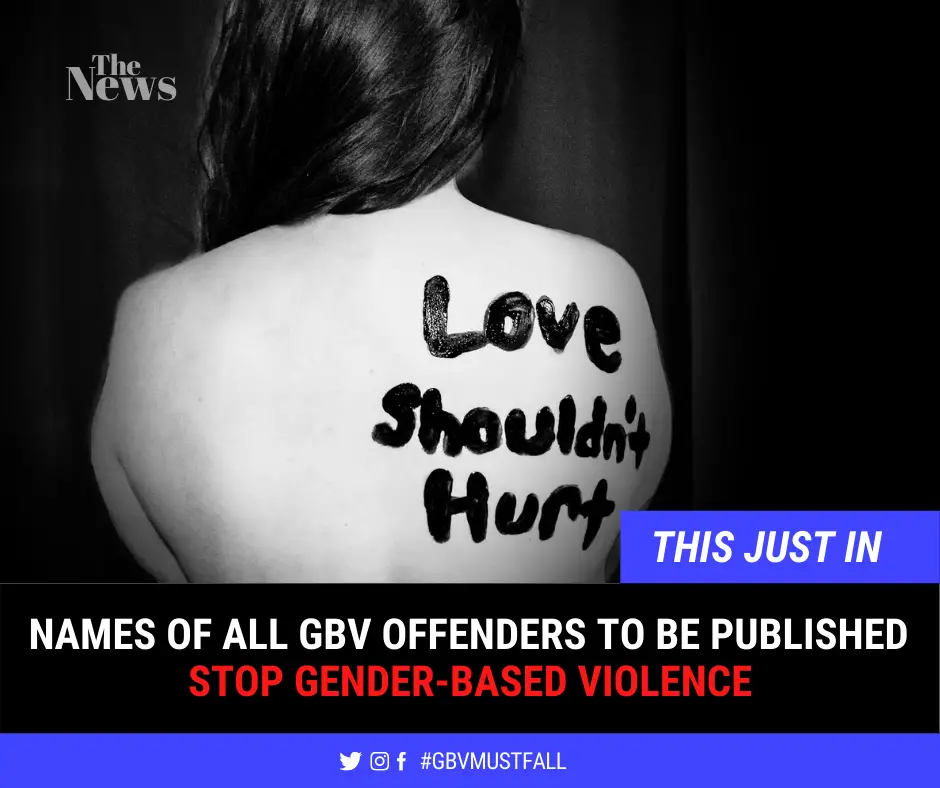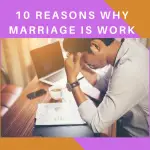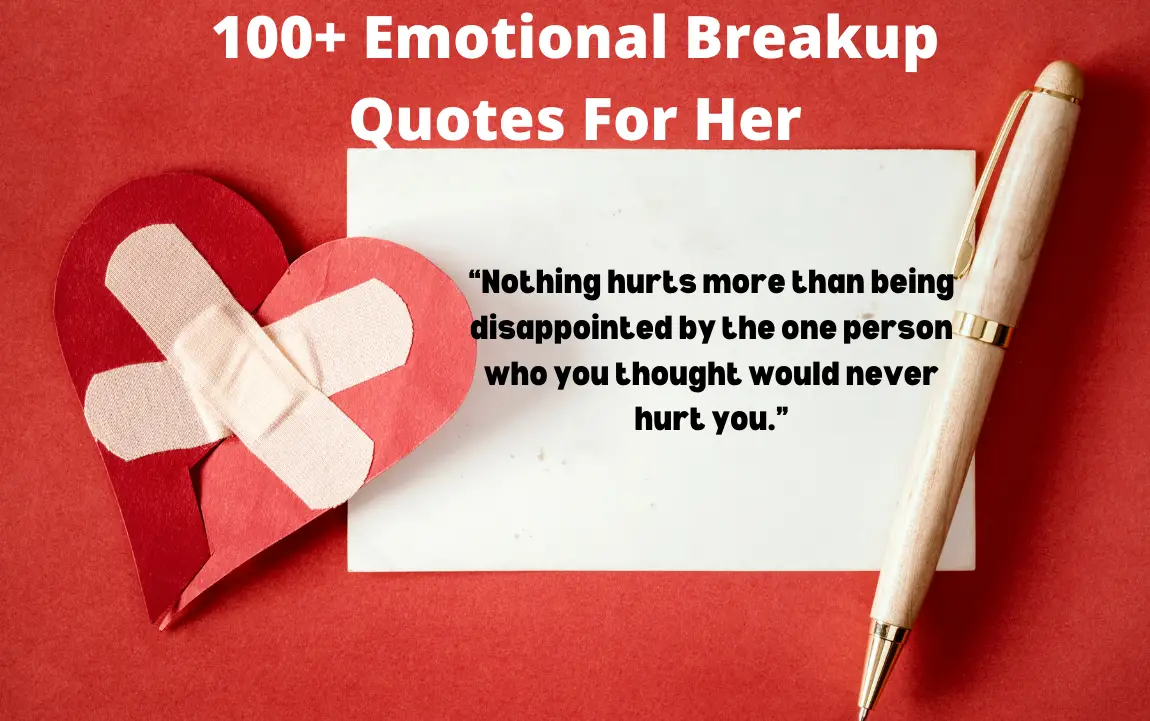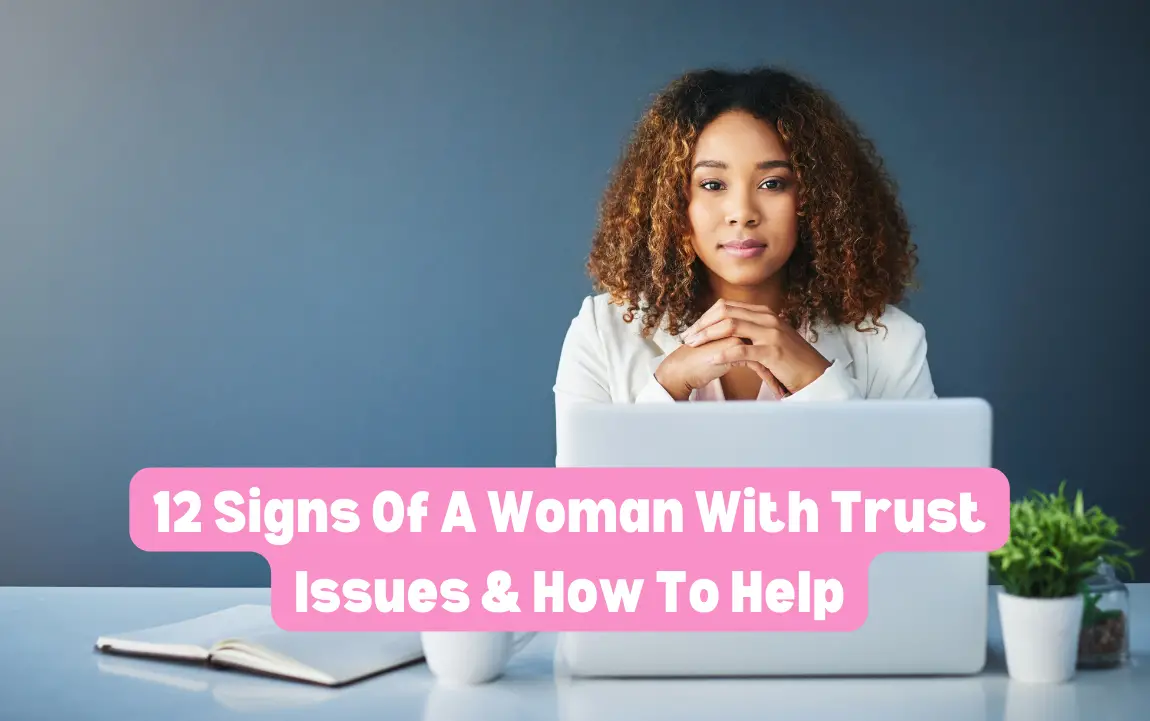Imagine this scenario. You are a pretty woman, a mother of kids and you make your own money, yet you are in a relationship or married to an abusive man. Such a man repeatedly beats you, shoves you, calls you names, humiliates you in public, and controls all your movements.
He does not contribute anything in the household, yet he takes your money and uses it to get intoxicated and support his other girlfriends. In some instances, you rely on him for financial support but if you talk to him about your frustrations, he shouts at you and beats you up.
Sadly, this is the reality for so many women, and to people who are not in their shoes, it doesn’t make sense why these women choose to stay in a toxic environment.
When you are on the outside, it is easy to say that if you were in the victim’s shoes you would just leave the bastard, but when you are in that abusive relationship, you feel trapped, and coming out seems impossible. It is either you hope to come out in a coffin or pray and hope that your partner leaves you or dies before you.
Why do people continue to stay in such relationships?
1. Painful love is addictive
The same way that drugs destroy livelihoods, yet people can’t stop using them, is the same way that an abuse victim feels. She knows that he is not good for her, but she cannot be without him because she loves him.
2. Fear of being killed if they leave the relationship
The chances of dying in the hands of the abuser increases when the victim leaves the relationship or threatens to leave the relationship.
3. They feel responsible for their partner’s actions
They feel that they are in a way responsible for their partner’s actions because they have done wrong, so if they stop the wrong behavior they will not be abused.
4. Scared to lose financial support
Some women are not financially independent, so they fear that if they leave, they would stand to lose everything.
5. Hope that things will change
The victim still hopes that their partners will change, because after abusing them they apologize and vow to never do it again. Or some family members advise them to hang in there, it will get better with time.
6. They want their kids to grow around the father
Some of these men are very good with kids, their kids love them. So ending the relationship would mean that the family is no longer complete and the bond is broken.
7. The support structure for people who want to leave is not sufficient
People will advise you to leave, but they will not tell you how to or even offer you the resources to be able to stand on your own. If you leave, you will no longer even have the support of the in-laws.
How to know if someone is a victim of abuse
In South Africa, 1 in 5 South Africans are victims of abuse, and in certain countries, this ratio is even 1 in 3 women. It is difficult to know if someone close to you is being abused because many victims are silent about it. The only time you might know is if they end up in a hospital or have bruises on the face. Also, neighbors can know if there is abuse because of the noises.
Many women choose to protect their abusers, while their abusers don’t protect them. When in public, they can act as a perfect couple and even post pictures on social media, but indoors it is a different story. So there is a very high chance that someone that you know is constantly being abused, but they are silent about it.
Why do women protect their abusers
1. To avoid shame
The stigma associated with being a victim of abuse is what makes people decide to keep quiet. The same way people are scared to speak out about being victims of rape or their men are cheating, is the same way they are scared to speak of abuse. Society always blames the woman when a man misbehaves in a relationship.
2. Pressure from the perpetrator’s family
The family of the perpetrator will want the victim to protect their son, if she gets him arrested they will beg her to drop the charges. So for the sake of peace and the kids, she is forced to protect the abusive partner.
What should you do if you are a victim of abuse
- If you spot red flags earlier on, please leave the relationship because it can only get worse before it gets better.
- Know that you are not doing yourself or the kids a favor by staying with an abuser, what you are teaching your kids is that abuse is okay. When they grow, they will become abusers or victims of abuse.
- Don’t accept to be a victim of abuse all your life, there are plenty of men who do not abuse women.
- Contact the various supports groups that are offered by the state and non-profit organisations
- Join a support group or a community of people who understand what you are going through.
- Speak out, you have nothing to lose. If you don’t speak you can lose everything that you are trying to protect.
- No matter how much someone could have assisted you, they have no right to own or control your life.
- Date yourself. Discover yourself again outside of the relationship. Find out what you like and dislike and do the things that make you happy.
- Don’t blame yourself for your partner’s actions, there is nothing to be ashamed about.
- Know that you are not alone, others have been in your shoes and have managed to come out.
- Erase all the lies that the perpetrator has ever said to you and replace them with words of affirmation. Watch and read motivational materials so that you can boost your self-esteem.
- Don’t look back no matter how much the perpetrator can convince you that they have changed. Moving on won’t be easy, but take it one day at a time. There will be days where you regret your decision but choose to move forward.
How do you help a victim of abuse
If you suspect or know that someone might be a victim of abuse, support them without being judgmental. On average, leaving an abusive relationship takes seven attempts. Don’t only suggest that she gets the perpetrator arrested, but also look for other ways to assist.
Be patient with the victim, research shows that it takes the victim seven attempts before they leave a toxic relationship.
Assist them with information, so that when they are ready, they can use it. Contact the various support organizations to find out how the victim can be assisted, without putting her at further risk.
How can gender-based violence be reduced?
When we remove victims of GBV and put them in shelters, we still have not dealt with the root cause. You are saving one woman, but another woman will move in with that abusive man and she will also be a victim. There should be strict and firm ways to deal with the abuser,
There should be an abusers’ list on the internet so that women can know the truth before they fall in love.
All men should attend a men’s group where they are taught how to communicate, handle their emotions, and treat women. They should attend these weekly meetings until they are rehabilitated.










